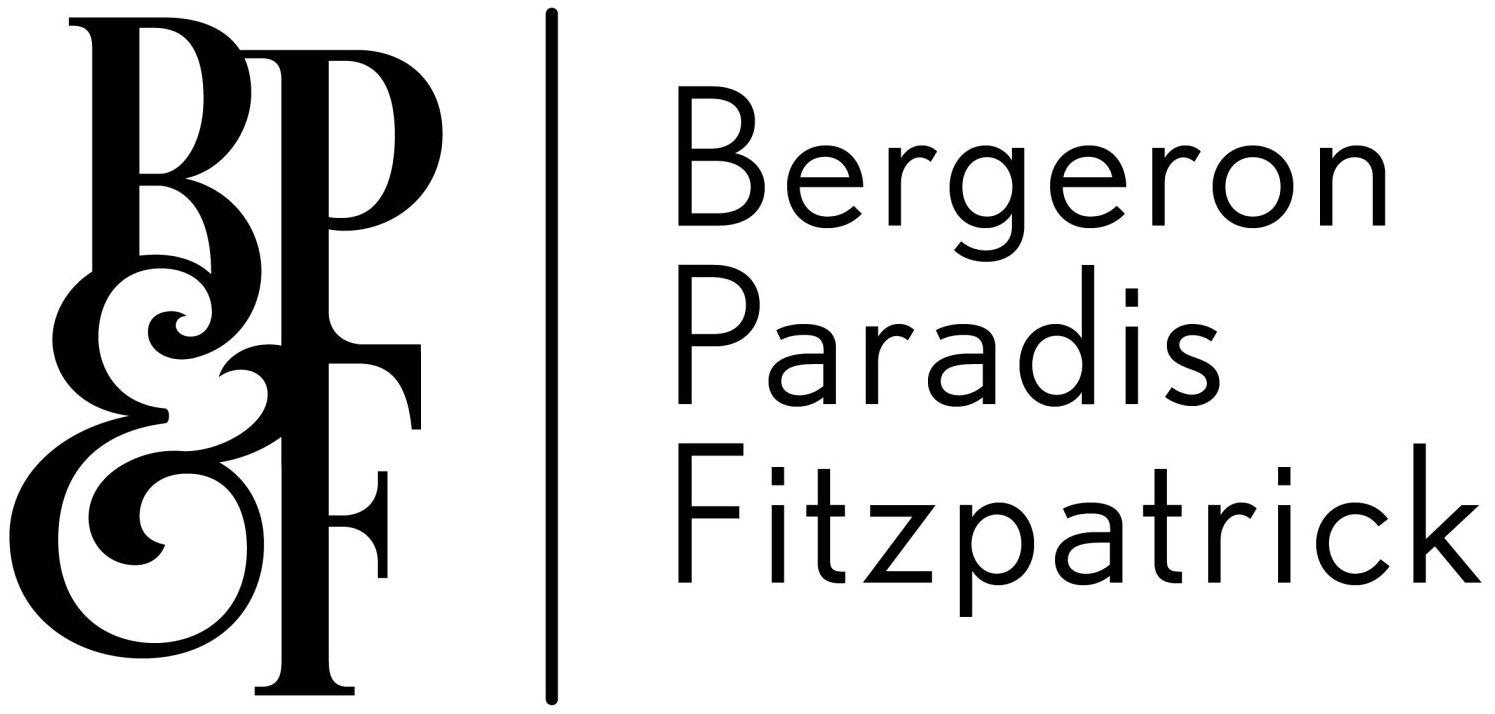Wills and Trusts
VT Wills and Trusts Law Firm
The estate planning process is unique to each individual and their specific objectives. For some, it involves the creation of a will, multiple trusts, advanced health care directives, and powers of attorney. For others, it starts with just a simple will.
Below you will find detailed information on wills and trusts, including their functions, what roles they play in the estate planning process, and how they may be beneficial for you. At Bergeron, Paradis & Fitzpatrick, LLP, our experienced Vermont wills and trusts lawyers can help you understand your options and determine what estate planning tools are best for you.
Wills
The foundation of most estate plans, the will is a legal document that provides instructions on how your assets should be distributed, and how minor children should be cared for, upon your passing. Every adult who is married, has children, or owns a home — or even minimal assets — should have a will.
In addition to ensuring that your wishes are carried out after death, your will appoints the person responsible for handling your affairs. This person (the executor) will manage the distribution of assets, paying of final bills and expenses, and placement of minor children with the appointed legal guardians.
The Risk of Dying Intestate
If you die without a will — called dying intestate — there is no appointed executor to manage your affairs, leaving the state in charge of this very important (and personal) task. This means that the state — not someone you know and trust — will determine how your estate is distributed, and to whom. Furthermore, even if the state somehow manages to distribute your assets as you would have intended, the process is likely to cost much more and take significantly longer than if you had died with a well-drafted will in place.
At Bergeron, Paradis & Fitzpatrick, LLP, our experienced estate planning attorneys can help you protect your loved ones in the event of your passing. From helping you create a simple will to establishing a comprehensive estate plan, our knowledgeable legal team will ensure that your unique needs and goals are met in the most seamless and least costly manner possible.
The Many Uses of a Will
Wills serve multiple functions and provide detailed instructions on how you want your affairs to be handled after death. By creating a will, you can:
- Decide who gets what, how much they get, and how it is distributed;
- Prevent certain people from having access to your assets;
- Determine who will care for your children, and provide instructions on how they should be cared for;
- Reduce the time and cost to your heirs; and
- Make donations to charitable organizations.
The above are just some of the many functions of a will. An experienced Vermont wills attorney can help you determine how to proceed. Contact Bergeron, Paradis & Fitzpatrick, LLP today to learn how easy it is to protect your assets and loved ones.
Trusts
Although some people stop at creating a will, there are many situations in which a will simply isn’t enough. You may choose to further protect your assets and avoid unnecessary taxes by establishing a trust. Similar to a will, a trust is a legal document that specifies how your assets should be distributed.
Different from a will, however, trusts allow assets to be transferred privately, without the need for probate. This transfer can be done upon your death, if you become incapacitated, or even while you are still alive and well. Trusts are commonly used to minimize estate taxes, preserve assets for minors or disabled adults, or protect assets from creditors’ claims.
Revocable Vs. Irrevocable Trusts
Trusts can be revocable or irrevocable. A revocable trust can be changed in any way and at any time during the lifetime of the owner, whereas an irrevocable trust cannot be changed once the agreement has been signed.
Why would anyone choose an irrevocable trust over one that can be changed? The trade off for not being able to modify an irrevocable trust is that any assets in the trust are effectively removed from the owner’s estate, reducing its value and any associated estate taxes. For the very wealthy, this can amount to millions of dollars in savings.
But you certainly don’t have to be wealthy to benefit from a trust. A trust can be a highly-effective tool for anyone, particularly those who are concerned about incapacity or who need to ensure that their assets pass to particular beneficiaries in a specific manner. For example, a special needs trust allows the trust owner to provide for an adult child with special needs. You can also appoint a trustee to assist a spendthrift beneficiary who may be inclined to mismanage their inheritance.
Common Uses of Trusts
There are many type of trusts and a long list of potential functions. However, some of the most common uses of trusts include:
- Avoiding the probate process;
- Minimizing the value of the estate for tax purposes;
- Reducing the costs associated with wealth transfer;
- Enjoying financial privacy;
- Appointing a trustee to manage assets if you become incapacitated;
- Controlling how and when assets are distributed to beneficiaries; and
- Protecting assets from creditors, lawsuits, and divorce.
Contact a Vermont Wills and Trusts Lawyer Today
Wherever you happen to be in the estate planning process, it is a good idea to review your documents at least every few years, or when major life changes occur, such as divorce, significant career changes, or the birth of a child. Whether you are new to the estate planning process or you have an existing will or trust that you want to review or update, the skilled legal team at Bergeron, Paradis & Fitzpatrick, LLP can help. Contact one of our VT estate planning attorneys — Corey Wood, Edward D. Fitzpatrick, or William E. Drislane — today for a confidential consultation and to learn more.

